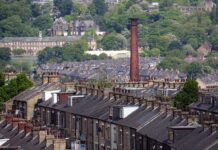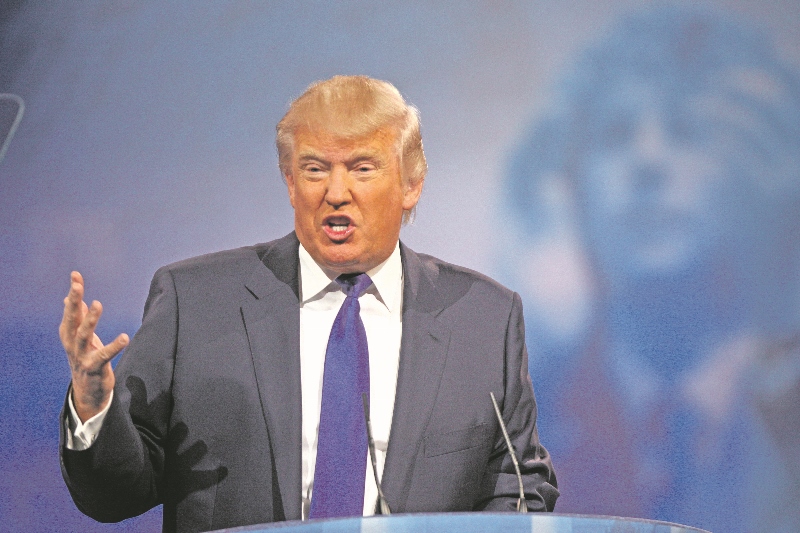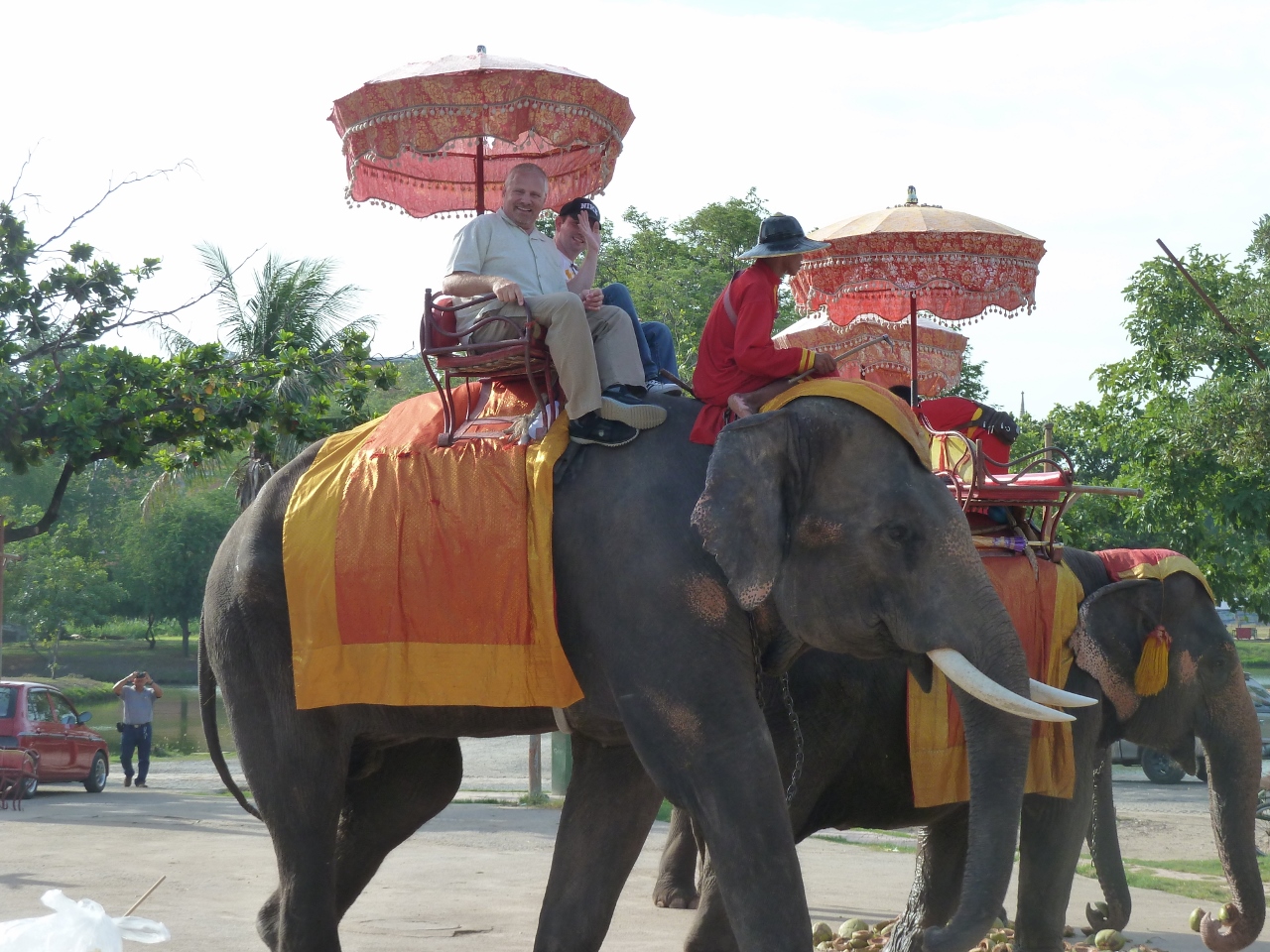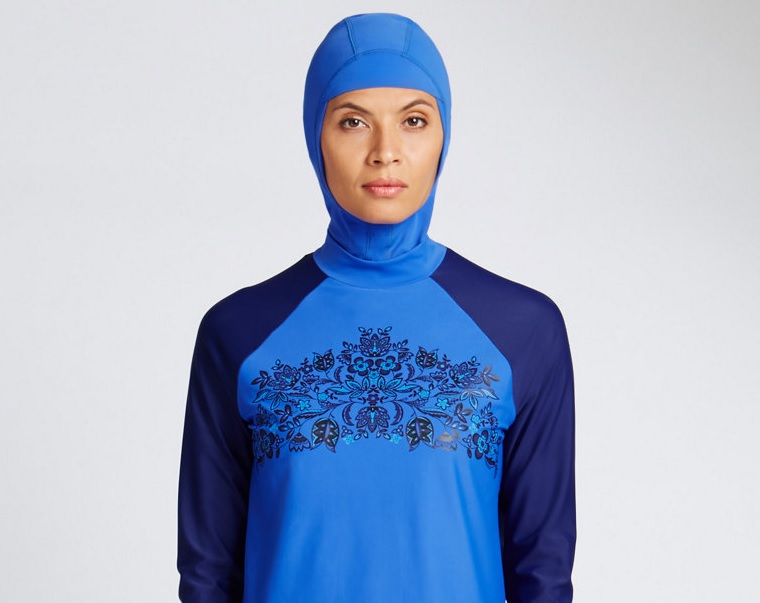
Corsica follows Nice in imposing a ban on controversial beachwear
The Mayor of Corsica has this week announced a ban of the modesty swimwear – known as burkinis – from local beaches after a violent riot broke out following a tourist photographing a Muslim family.
Tensions on the idyllic island are still running high after the mass brawl broke out on a beach between villagers and three Muslim families.
In the usually peaceful commune of Sisco, four people were injured – including one man who was harpooned.
Riot police were later called to prevent a crowd of 200 Corsicans marching into a housing estate with a high population of people of North African origin, shouting ‘this is our home’.
A police investigation is under way to determine the cause of the violent brawl.
Witnesses told local media that a father from one of the Muslim families complained about someone taking a photograph of his wife. A quarrel took place and a group of teenagers are reported to have then called their parents.
The local deputy prosecutor said four people, including a pregnant woman, were taken to hospital for treatment, while bottles and stones were thrown, and three cars were set alight. About 100 police officers attended the scene whilst a police cordon was set up to protect the Muslim families.
Full-body swimsuits, known as ‘burkinis’, have also been banned from the beaches of Cannes this month, with the mayor citing ‘public order concerns’ in his reasoning.
Cannes’ mayor, David Lisnard, labelled the swimwear a ‘symbol of Islamic extremism’ after announcing the new legislation, adding that anyone caught flouting the rule could face a fine of £33.
The burkini ban follows France’s banning of the full Islamic vale, known as the burka, back in 2011, as well as the partial face covering material – a niqab.
The new ruling reads: “Access to beaches and for swimming is banned to any person wearing improper clothes that are not respectful of good morals and secularism.
“Beachwear which ostentatiously displays religious affiliation, when France and places of worship are currently the target of terrorist attacks, is liable to create risks of disrupting public order.”
The ruling came into force for the first time at the end of July with no persons yet being apprehended for wearing burkinis.
Mr Lisnard also told local media that other religious symbols would still be permitted on Cannes’ beaches – including the Kippah and Christian cross.
He said: “I simply forbid a uniform that is the symbol of Islamic extremism.
“We live in a common public space, there are rules to follow.”
On 14th July, at the nearby Riviera city of Nice, 85 people were killed by a Daesh extremist who ploughed a truck into crowds packed onto the seafront as they celebrated the French national holiday.
Less than two weeks later, a priest was killed in the North of France by two attackers who claimed their allegiance to Daesh.
Where burkas and niqab are banned
- France, since 2004
- Belgium, since 2011
- Chad, since 2015
- Cameroon, in five provinces, since 2015
- Diffa, Niger, since 2015
- Brazaville, Congo, since 2015
- Tessin, Switzerland, since 2016














